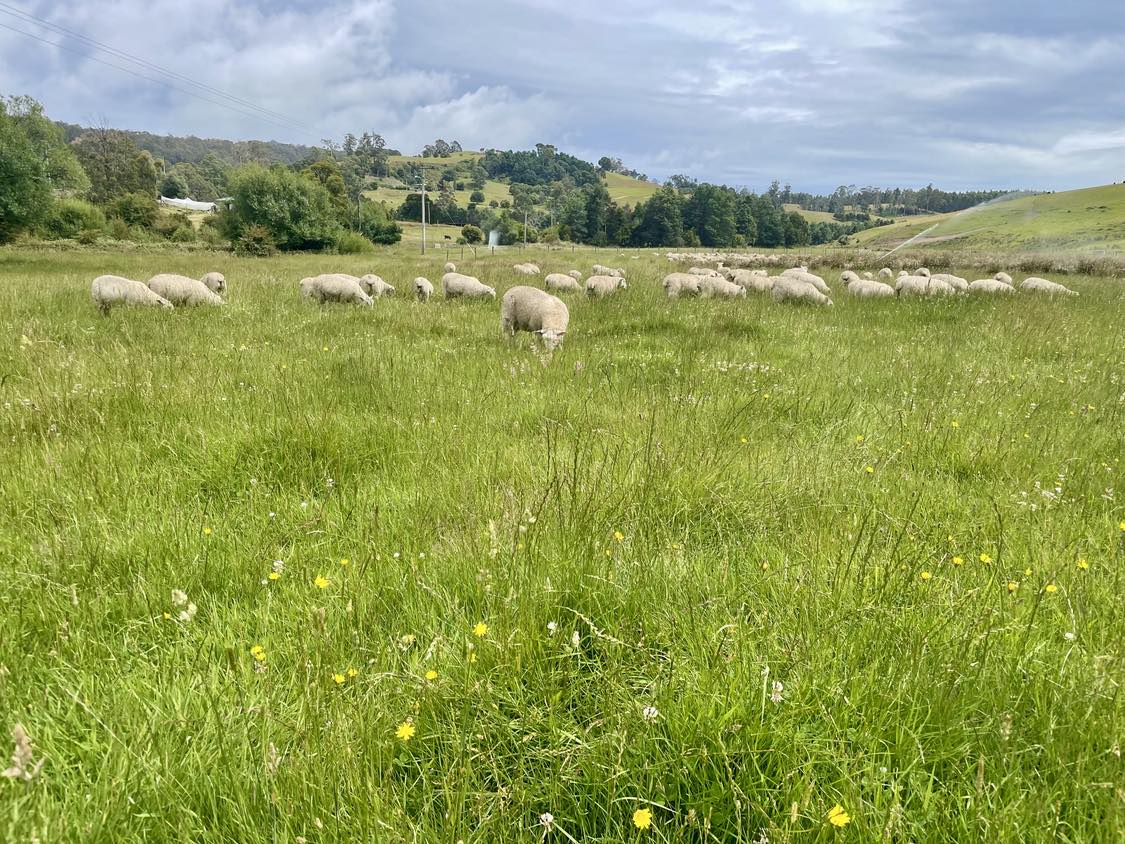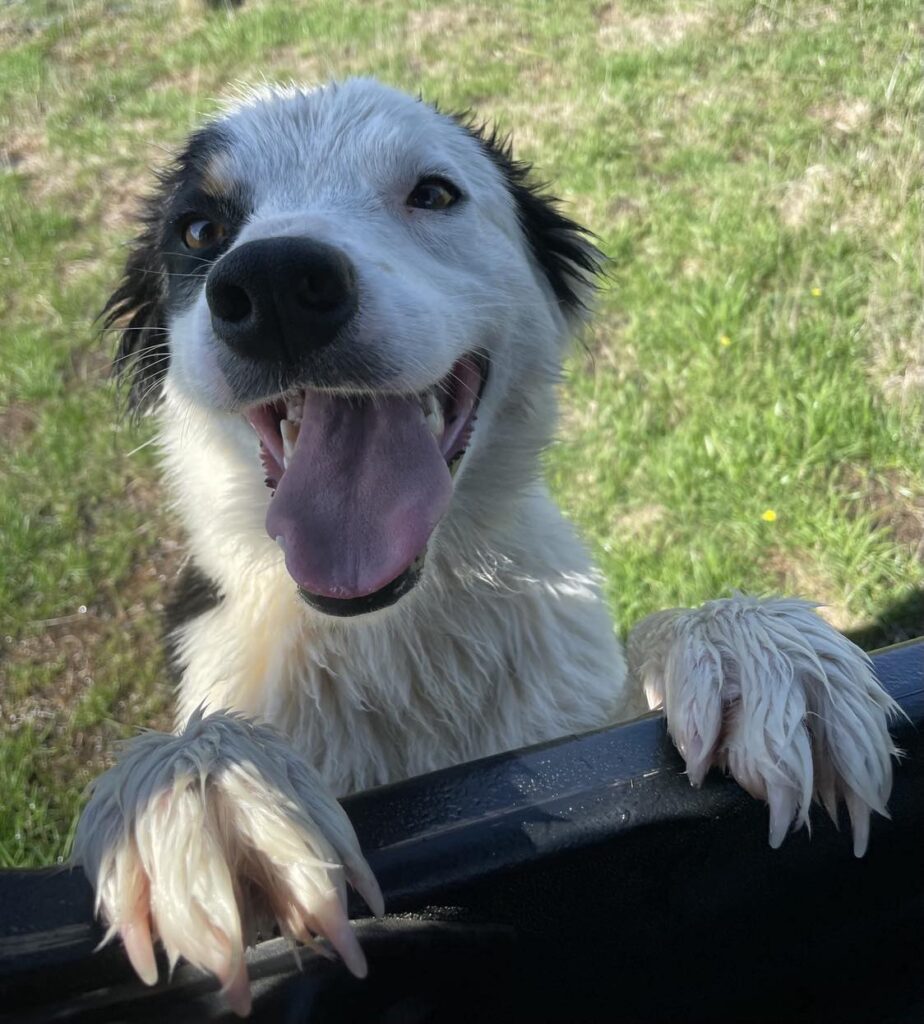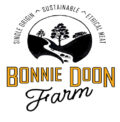FAQs
Frequently Asked Questions
When you buy direct from a farmer you can ask questions about what you are buying! There is an extra level of accountability that is missing when you purchase meat at the supermarket.
Supermarket beef and lamb comes from farms that use a variety of methods to produce their product.
- Some farmers feed grain, which affects the flavour of the meat.
- Some beef and lamb is finished in feedlots, and cattle may have been given bovaer supplements.
- The animals may have been fasted for days prior to slaughter. It is necessary to take animals off feed before transporting them, and the processor may be a long truck ride (or for some Tassie livestock a truck, saleyards, truck, boat and truck ride) away.
- Some farmers have higher standards of animal welfare.
Bonnie Doon Farm cattle and sheep are not fed grain or given bovaer supplements. Our stock are fasted for the minimum time required and then taken direct to our closest processor in Tasmania. We take animal welfare seriously.
Finally, if you buy meat direct from the farmer you are directly supporting a local farming family!
Animal welfare is something we take quite seriously – one of the owner/managers of Bonnie Doon Farm is a qualified and experienced veterinarian! This means our livestock have a vet to:
- Design and monitor our drench program (to limit drenching and drench resistance, a major issue in sheep flocks Australia-wide)
- Take full advantage of all pain relief options
- Assist with any difficult lambings or calvings
- Provide a 24/7 on call service for sick animals – most individual sheep do not see a vet as they are worth less than the cost of a veterinary consultation fee
First and foremost, grass! Our sheep and cattle graze in paddocks all year round on a mix of pasture species.
At the end of summer and during the winter months, when the grass isn’t growing quickly enough to keep up with their appetites, we also feed silage. Silage is fermented grass and ours is baled either on farm or on a local family members’ property, so we know what is in it and are confident of the feed quality.
We do not feed grain, and some customers can taste the grain-free difference! There is a small amount of grain kept on farm, purely for bribing the cattle when we are yarding them or shifting them between paddocks. We could manage without doing this, but we do like our cows and they love the occasional treat. You may notice the fat on our beef cuts is yellowish rather than pure white – this is a sign of a grass-fed beef.
We also do not supplement our cattle (or sheep) with bovaer. They do not receive any mRNA vaccines.
A full lamb carcass is 22-24kg prior to butchering. The final weight in the box will vary depending on your choice of cuts. A half lamb carcass is simply half the volume, split into the left and right side of the animal.
Please note that each lamb only has 5 neck chops, so for half lamb orders these are allocated randomly by the processor and may not be included in your box.
Our beef boxes are 10kg of packaged beef. They include a mix of steaks, including rump/blade for either BBQ cooking or slicing for stir fries, a roast, diced casserole beef, mince and sausages.
The meat arrives fresh, not frozen. All cuts are clearly labelled and cryovac packed, extending the shelf life. This removes the risks of freezer burn and UFOs (unidentified frozen objects).
No. We use drenches to control endoparasites (internal worms) when indicated by FEC laboratory testing, paying careful attention to witholding periods. Testing is done regularly to ensure our animals are healthy and we are minimising the use of drench. Our animals are vaccinated against preventable diseases such as tetnus, with non-mRNA vaccines. In the rare case that an animal requires antibiotic treatment, that individual is clearly marked and not sold under the Bonnie Doon label.
We usually cover Launceston and the West Tamar region, but are happy to consider other areas depending on customer interest. See the ‘Run Days’ page for more information.
All orders are filled on run days. When making a purchase please check the date of the run! We stop at multiple locations in Launceston and down the West Tamar and will let you know the pick up time windows so you can nominate the location that suits you best. We can also deliver direct to your home address for a small additional fee.
Most run days are on a Wednesday afternoon/evening. You can nominate a friend or family member to collect your order, just let us know who is coming prior to the day.


Still Have Questions?
We are proud of our product and happy to answer any ‘how’ and ‘why’ or just ‘huh??” questions – please sent them our way and we will be in touch!
